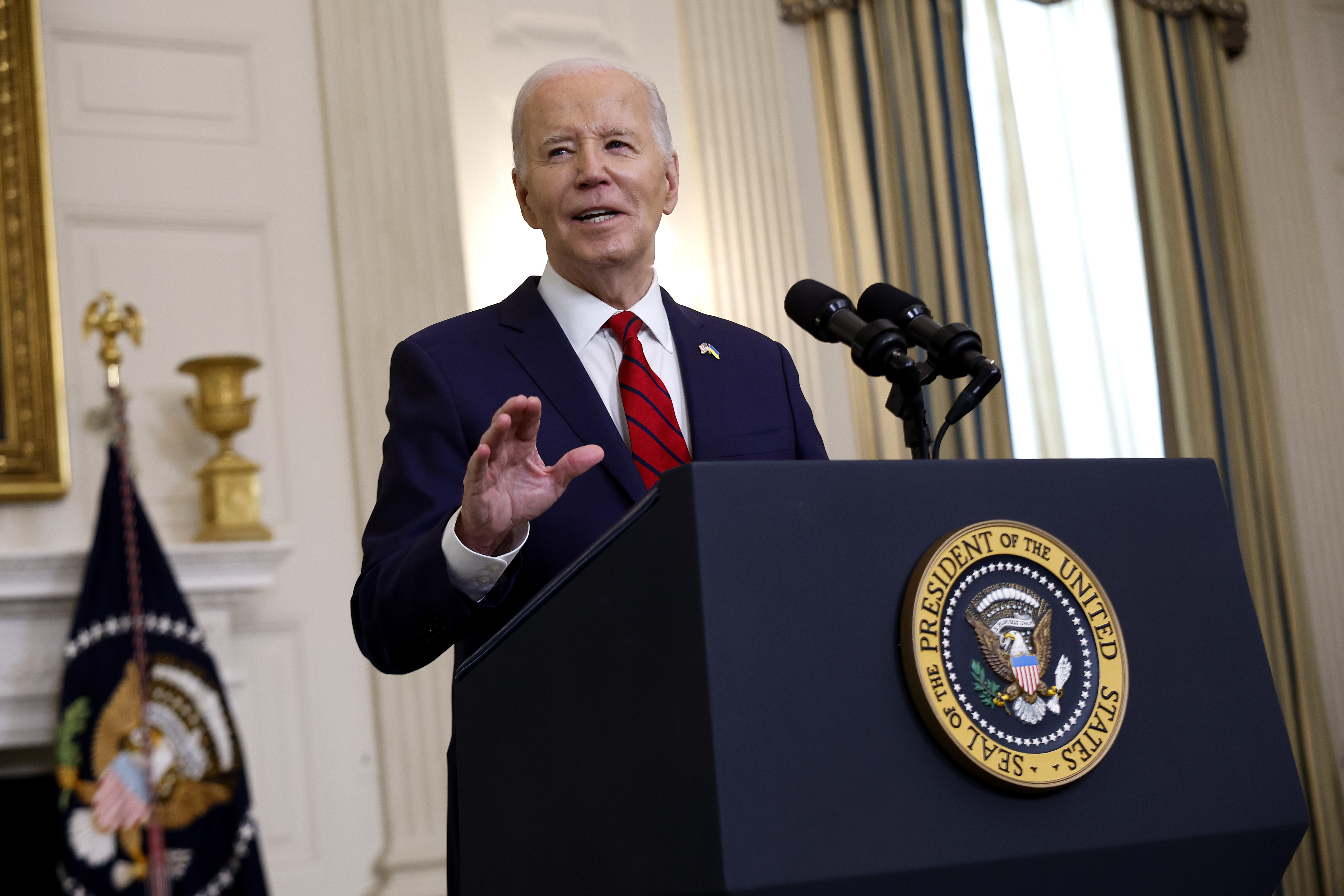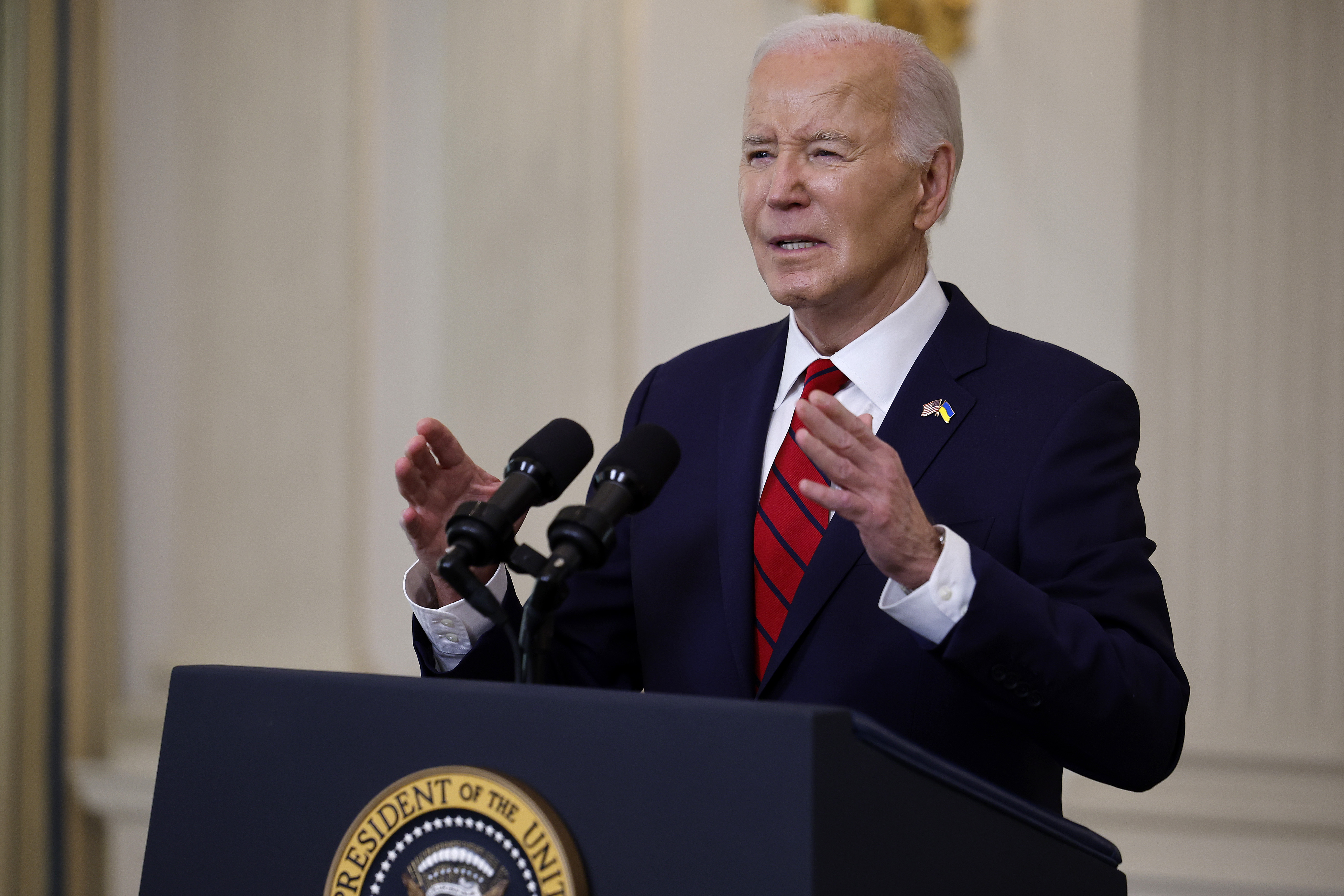The Texas House got back to work Sunday, rushing through the remainder of the next bare-bones state budget before an expected vote.
After completing the most contentious issues of education and health care for the needy late Friday, the chamber turned to consideration of highways, prisons, state parks and dozens of other programs falling under the budget ax.
In all, the budget proposal spends $164.5 billion over the next two years in state and federal dollars. That's about $23 billion less than what is in the current budget. Republican leaders, in firm control of the Legislature, are vowing to balance the budget without raising new taxes.
"I see the looks on your faces, both sides of the aisle, that you do not like these cuts," said Democratic Rep. Trey Martinez Fischer, arguing for an amendment that would fund the state for 18 months rather than 24 months.
He said a shorter budget period would allow the Legislature to come back to the Capitol and revisit funding for the final six months based on healthier revenue from higher oil prices and sales tax receipts.
Texas adopted the 24-month budget provision back when lawmakers "had to ride a horse from Texarkana and Brownsville to get to Austin," said Rep. Mark Strama, D-Austin, arguing that the two-year budget is an antiquated funding model that most other states have long abandoned.
The amendment failed on a party-line vote.
Politics
Politics from around the world.
The massive revenue shortfall will impact all state programs and agencies, but public education and Medicaid will bear the brunt of the cuts.
The House plan underfunds Medicaid, which provides health care to the poor and disabled, by more than $4 billion.
Public education, representing more than half the state budget, faces historic cutbacks and would fall almost $8 billion short of what current funding laws require for basic classroom instruction. The plan also cuts full-day pre-kindergarten, teacher incentive pay, college financial aid and numerous other education programs.
With massive teacher and school employee layoffs expected, experts said it's the first time since the current school finance structure was put in place in 1949 that public schools would get less than called for under state funding laws from one budget to the next.
Last month, the nonpartisan Legislative Budget Board released data showing the state would lose 335,000 jobs if the House budget proposal became law. The board said the budget would eliminate 188,787 state jobs by the end of 2013 and private companies would eliminate 146,457 jobs under the House plan.
Among the changes approved Sunday was a two-year hiring freeze for state agencies, except for emergency hiring needs approved by state leaders.
The House also stripped about $100 million in higher fees from the budget, but the charges were made contingent on the approval of separate legislation. Those fees include items such as higher pesticide license fees and an "annual child support service fee" charged by the attorney general's office.
While the economy has left many states with budget deficits, the economic downturn caused only a third of the revenue shortfall in Texas. When consumer spending slowed, state revenue from sales tax receipts also decreased, creating a $4 billion deficit in this year's budget.
Most of the shortfall was created when the state overhauled the business tax structure and the school finance system in 2005. The new tax structure did not generate enough money to offset decreases in school property tax rates, creating a recurring $10 billion budget hole.
In the current budget, most of the hole was filled with some state savings and federal stimulus dollars that are no longer available.
The budget next goes to the Senate for consideration. That chamber has vowed to put billions more in public education, setting up a budgetary battle that could stretch into the final days of the legislative session -- or provoke a special session this summer.



